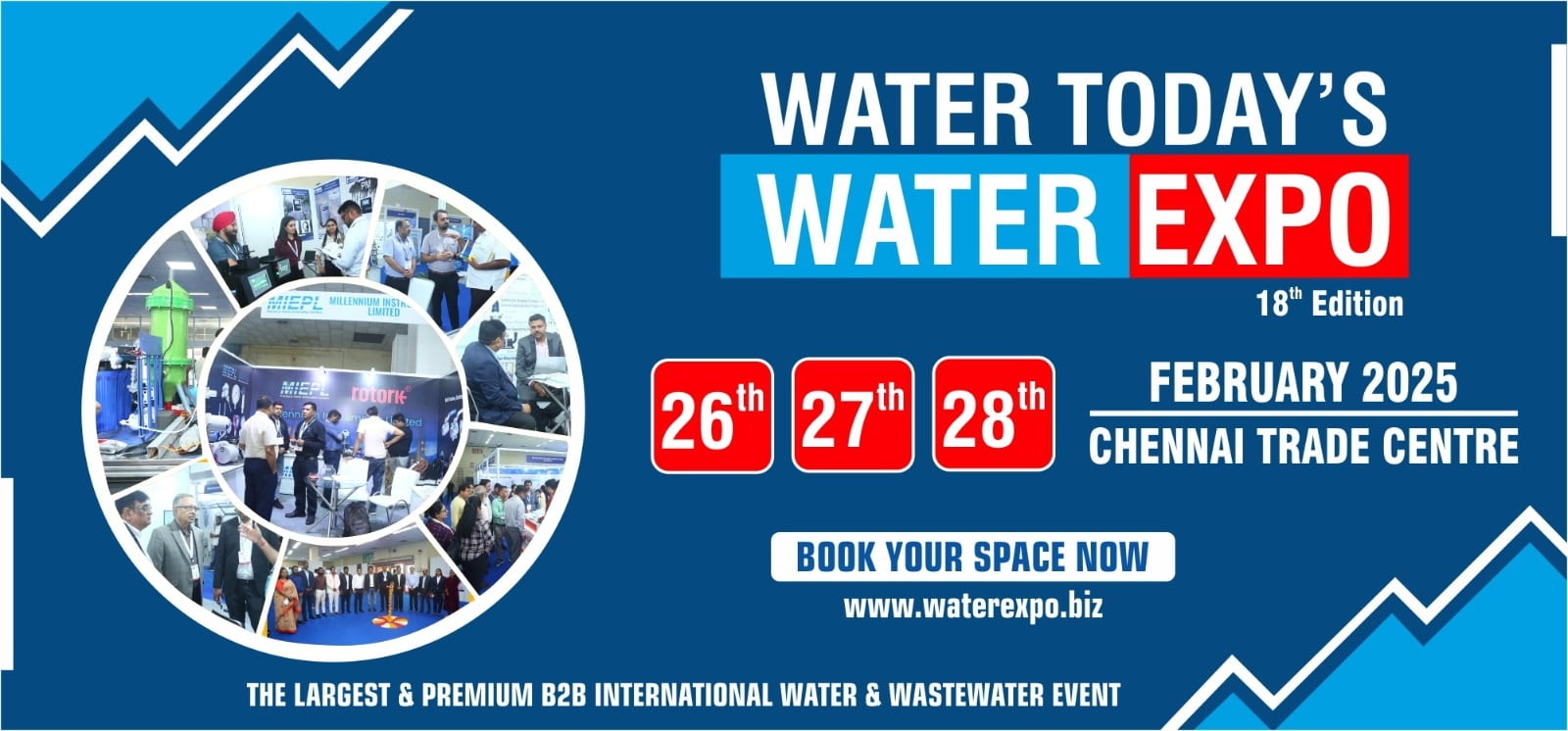Industries across the globe are under increasing pressure to adopt sustainable practices in response to growing environmental concerns. One of the most impactful areas where industries can make a difference is by rethinking how they manage wastewater. Recycling and reusing industrial wastewater in production processes not only conserves water resources but also offers significant cost savings and efficiency improvements.
Why Recycling Industrial Wastewater is Critical
Why Recycling Industrial Wastewater is Critical
Water is a finite resource, and industries are some of the largest consumers. In many regions, freshwater scarcity is becoming a critical issue, putting pressure on industries to find innovative solutions. Recycling industrial wastewater not only reduces the need for fresh water but also minimizes the environmental impact of wastewater discharge. This shift towards a circular water economy helps industries contribute to global water conservation efforts.
Key Benefits of Reusing Industrial Wastewater
Key Benefits of Reusing Industrial Wastewater
- Cost Savings: Treating and reusing wastewater on-site can significantly reduce water procurement costs. Companies can save on the purchase of fresh water and lower their effluent treatment costs by reducing the volume of wastewater discharged.
- Regulatory Compliance: Environmental regulations are becoming stricter. By recycling and reusing wastewater, industries can stay ahead of compliance requirements, avoiding penalties and enhancing their reputation as responsible businesses.
- Resource Conservation: By reusing treated wastewater in production processes, industries reduce their dependence on freshwater resources. This is particularly valuable in water-scarce regions, where industries must compete with agriculture and municipalities for limited water supplies.
- Improved Efficiency: Advanced technologies now allow for the treatment of wastewater to a quality suitable for reuse in various industrial processes, such as cooling, rinsing, or even boiler feed water. This can streamline operations and reduce the energy footprint associated with water heating and pumping.
Technologies Enabling Wastewater Recycling
Technologies Enabling Wastewater Recycling
- Membrane Filtration Systems: Technologies like Reverse Osmosis (RO) and ultrafiltration are commonly used to remove contaminants from wastewater, allowing it to be reused in production processes. RO systems are especially effective in industries requiring high-purity water, such as electronics manufacturing and pharmaceuticals.
- Advanced Oxidation Processes (AOPs): AOPs are used to break down complex organic pollutants in wastewater. This technology is highly effective in treating industrial effluents from chemical plants, refineries, and textile mills, making the water suitable for reuse.
- Biological Treatment: Aerobic and anaerobic biological treatments are widely used to treat organic pollutants in wastewater. These systems can effectively reduce biochemical oxygen demand (BOD) and chemical oxygen demand (COD) levels, making the treated water safe for reuse in non-potable applications.
Practical Applications of Recycled Wastewater in Production
Practical Applications of Recycled Wastewater in Production
- Cooling Towers: Cooling systems are a major consumer of water in many industries. Recycled wastewater can be treated and reused in cooling towers, reducing the demand for fresh water while maintaining system efficiency.
- Boiler Feed Water: Boiler systems require high-purity water to operate efficiently. By treating industrial wastewater to remove impurities, industries can reuse it as boiler feed water, reducing freshwater consumption.
- Process Water: Many industries use water directly in their manufacturing processes. Treated wastewater can be reused in production lines for rinsing, washing, and other non-potable applications, significantly reducing the demand for fresh water.
Challenges and Solutions
Challenges and Solutions
While recycling industrial wastewater offers numerous benefits, there are challenges. One major concern is the initial capital investment required to install advanced treatment systems. However, the long-term savings on water procurement and effluent treatment often outweigh these costs. Moreover, with continued advancements in water treatment technology, the cost of implementing recycling systems is decreasing.
Another challenge is the variability in wastewater composition across industries. A one-size-fits-all approach doesn't work, meaning industries must carefully assess their wastewater characteristics and choose treatment systems tailored to their specific needs.
Conclusion
Conclusion
Recycling and reusing industrial wastewater is a crucial step towards achieving sustainable production practices. As water becomes an increasingly scarce resource, industries must look for ways to reduce their consumption and minimize their environmental impact. By adopting advanced wastewater treatment technologies, industries can create a circular water economy that benefits both their bottom line and the planet. Investing in these solutions today will not only help companies stay compliant with regulations but also future-proof their operations against water scarcity.
Adopting a proactive approach to industrial wastewater management is not just a smart business decision; it's a responsibility that industries must embrace to contribute to a sustainable future.

